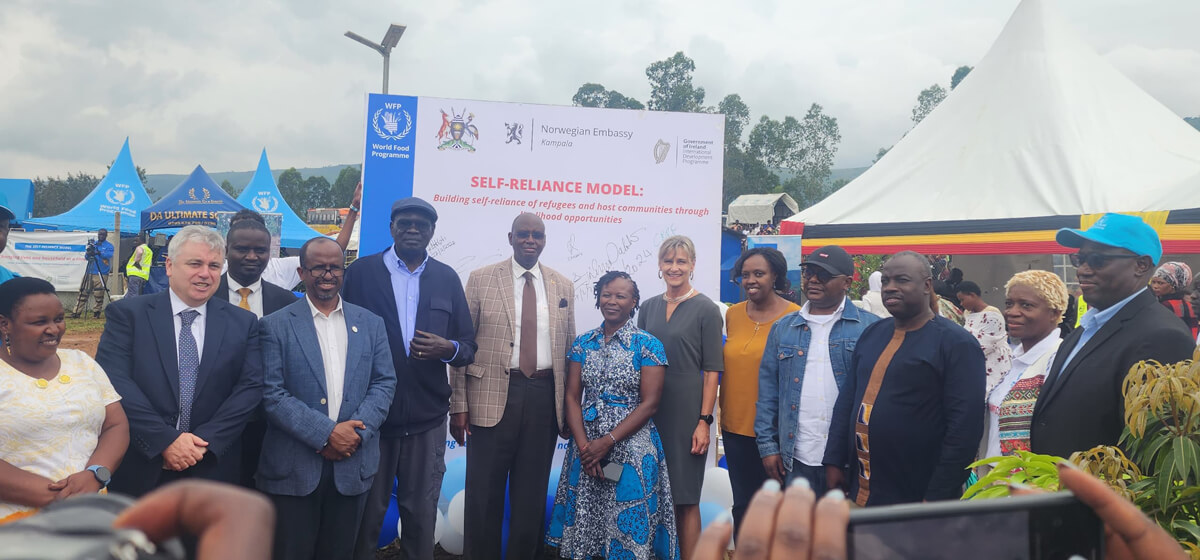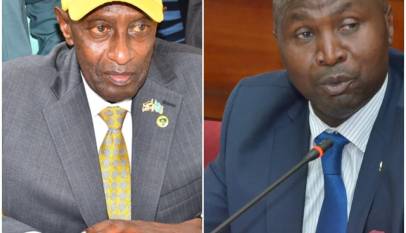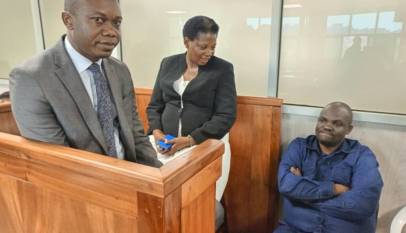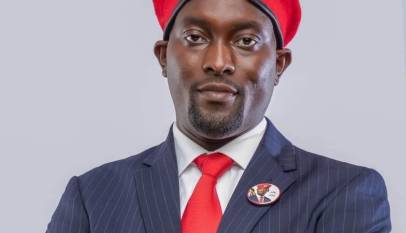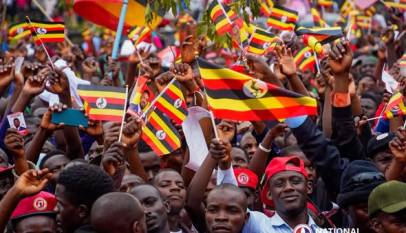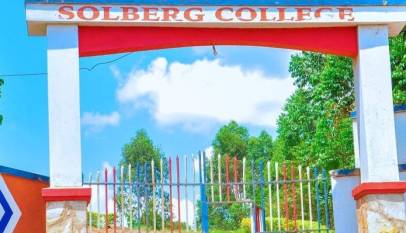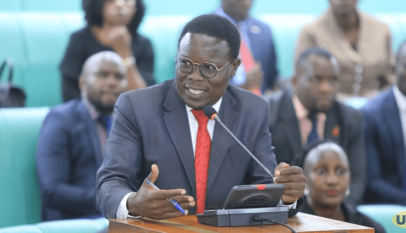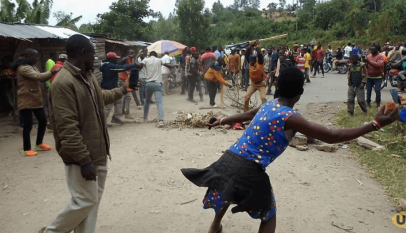US Ambassador Lauds Uganda’s Refugee Self-Reliance Model
The United States Ambassador to Uganda William Popp, has asked the international community to increase support for the country’s refuge self-reliance programs. The ambassador believes this is a more sustainable way to respond to the refugee problem.
Under this program, refugees are supported to be self-reliant, through skilling, agricultural and business development support, among other interventions. By this they no longer depend on handouts and aid, but become productive, provide for their lives and contribute to the economy as a whole.
Ambassador Popp said that Uganda’s innovative refuge response program is an agenda that the US supports and recognizes as a pathway towards graduating refugees from the assistance cycle.
“We encourage other international partners to fund these efforts, or align their refuge assistance, and if they are not investing in any response to do so to support the policy agenda that Uganda put forth,” said Popp.
The ambassador, further notes that this approach brought up by Uganda in the 2023 global refuge forum, is more sustainable in the global refuge response programming, adding that it makes more sense now when more refugees are entering the country, amidst declining response funding across the world.
Popp was speaking at a media engagement about the United States’s contribution to the refuge problem in Uganda for the year 2024.
The ambassador’s call to action is an addition to the numerous appeals to the same cause, by Ugandan government officials, as well as other refuge response stakeholders’ including the United Nations High Commission for Refugees (UNHCR).
Information from the Uganda Country Refugee Response Plan (UCRRP) indicates that of the required funding of up to USD 846 million, required for refuge response in 2023, only USD 261 million had been received by the third quarter.
The Uganda model refuge response which is anchored in the 2006 Refugee Act and the 2010 Refugee Regulations, provides refugees with freedom of movement, the right to work, establish a business, own property, and access to national services, including primary and secondary education and the national health system.
The ambassador emphasized that the United States is the largest donor to Uganda’s refugee assistance. “Over the past five years, the U.S. has provided approximately USD 1 billion in humanitarian aid to support refugees and host communities in Uganda. In 2024, U.S. refugee assistance increased by 20 percent, with over US 230 million allocated for both humanitarian and development programs,” he explained.
According to him, more than 60 percent of the UNHCR and World Food Program (WFP) budgets for Uganda, are funded by the US, especially for essential services like education, food rations, healthcare, and shelters. He adds that 74 percent of the WFP food cash assistance, is for boosting local markets for the benefit of Ugandan farmers and shopkeepers. “WFP estimates that every dollar distributed generates an additional USD 1.85 in economic benefits for Uganda.
More to this, US. has increasingly shifted toward the Uganda model, an example is the USAID livelihood program in Rwamwanja, whose pilot stage supported up to 80 percent of the participants. After a successful pilot, the same is currently being rolled out to other parts of the country, to benefit both refugees and host communities, and achieve economic independence.
Additionally, the US. International Development Finance Corporation, in partnership with local banks, launched a USD 9 million self-reliance program, an initiative aimed at financing small businesses, benefiting both refugees and Ugandans. This project which is the first of its kind in Africa, is expected to generate up to 60,000 small loans.
Popp, further mentioned that the US is in full support of the Uganda government’s efforts to integrate refuge services into national systems. “Over half of the 10,000+ staff working in Uganda’s refugee response are funded by the U.S., with 99 percent of those positions held by Ugandans or refugees,” he stated.
Among U.S.-supported NGOs, 28 percent are local or refugee-led, with USAID funding 50 percent of its refugee response programs through local organizations.
The US refugee assistance benefits not only Uganda’s 1.7 million refugees but also the 2.9 million Ugandans living in host communities. Over the years, U.S. funding has supported the construction of 140 schools, 100 health clinics, and 200 water systems, all accessible to both refugees and Ugandans. Furthermore, U.S. funding plays a critical role at Uganda’s borders, ensuring orderly and humane refugee admissions while providing initial life-saving assistance.
Ambassador Popp reiterated the importance of sustained global support for Uganda’s refugee programs, emphasizing that these efforts not only save lives but also offer long-term solutions that benefit both refugees and host communities.
Court Dismisses Ssekikubo Appeal, Upholds Gen Rwashande nomination
DPP Drops Corruption Charges Against MPs in UHRC Bribery Case
NUP’s Alex Mufumbiro to Miss Voting After Court Extends Remand
Kabale Student Found Dead in Apparent Suicide
MPs Slash DPP Budget over Poor Case Management
What now? UEDCL Picks Up the Tools as UMEME Exits
Luweero Mob Justice Escalates as another Robbery Suspect is Lynched
Kabale Student Found Dead in Apparent Suicide
Police in Kabale District in Western Uganda are investigating the circumstances under whic…
Now On Air – 88.2 Sanyu Fm
Get Hooked Right Here
DON'T MISS!!!
Court Dismisses Ssekikubo Appeal, Upholds Gen Rwashande nomination
The High Court has struck out an election appeal filed by Lwemiyaga Member of Parliament, Theodore Ssekikubo challenging the nomination of NRM candidate Gen. Emmanuel Rwashande.

